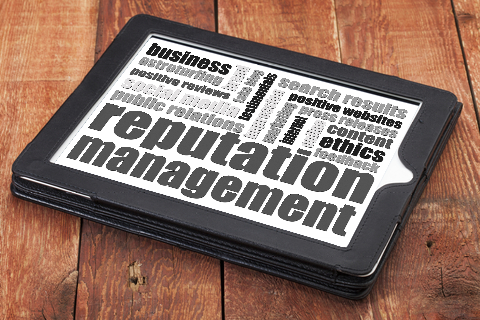


Guarding Your Reputation In The Age Of Public Knowledge
By Robert L. Dilenschneider, for Advisor Magazine
In our hyper-connected world, the shadows of our past actions can loom large. Whether you had a much-regretted moment of infidelity or were arrested for (or worse, charged with) a crime many years ago, trust us: the internet knows. Heck, even that speeding ticket you got as a teenager can be pulled up from the digital depths within seconds. And if you’re a company, your past (or present) misdeeds will certainly be splashed across social media within seconds of discovery.
How should one navigate this era of relentless transparency? Robert L. Dilenschneider says the only answer—for private individuals, public figures, and giant corporations alike—is to embrace your past, lean into it, and learn from it.
“Rather than sidestepping the issue, address it directly and publicly,” advises Dilenschneider, author of The Ultimate Guide to Power & Influence: Everything You Need to Know (Matt Holt Books, July 2023, ISBN: 978-1-6377429-3-8, $28.00). “Not as an attempt to escape accountability, but as a way to demonstrate growth and wisdom garnered from each experience.”
The more power and influence you have, the greater the efforts of others to take them away—or at least take them down a few notches. That’s why Dilenschneider says it’s crucial to carefully guard your reputation against attacks. Get proactive about addressing past experiences that could potentially come back to haunt you.
That doesn’t necessarily mean making a public confession too quickly. After all, the worst might not happen. Even so, you need to be prepared. Here are a few things individuals and companies should do right now to protect their reputations—before and after the scandal breaks.
Take an honest look at your history.
In the digital age, it’s safe to assume your life is an open book. Dilenschneider says everyone should google themselves, know what will come up, and be prepared to address it. For companies, he recommends creating a written plan for how you’ll handle a crisis before it ever occurs. For individuals, make sure there’s a reason for everything—and be prepared for pushback.
“Did you receive a speeding ticket when you were 16?” he says. “Think of whether you had a reasonable explanation for it. Late for work your first day at a paid job? That won’t cut it. You should have planned ahead for traffic. You were a reckless teenager who didn’t understand the power of the pedal? Well, at least that’s honest. And you haven’t had another ticket since, right?
“Does it sound ridiculous that someone might dredge up an old speeding ticket?” Dilenschneider says. “Well, let’s say you’ve taken a public stand against drunk driving and support tougher laws. Someone could find out about your ticket—not knowing it was for speeding—and call you a hypocrite. It’s easier to fix a problem before it becomes one.”